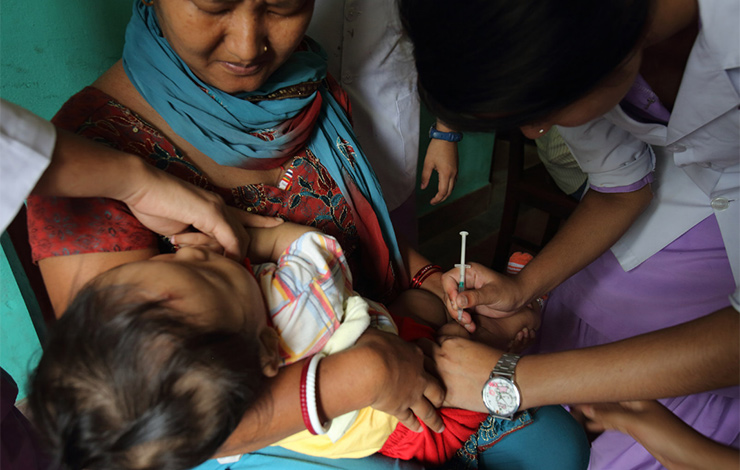

A new paper published by BMJ Open explores whether “the rule of law is a foundational determinant of health that underlies other socioeconomic, political and cultural factors that have been associated with health outcomes.”
The authors—Angela Maria Pinzon-Rondon, Amir Attaran, Juan Carlos Botero (executive director of the World Justice Project), and Angela Maria Ruiz-Sternberg—examined WJP Rule of Law Index scores for 96 countries against several key health indicators.
What did they find?
“The rule of law showed an independent association with infant mortality rate, maternal mortality rate, life expectancy, and cardiovascular disease and diabetes mortality rate, after adjusting for the countries’ level of per capita income, their expenditures in health, their level of political and civil freedom, their Gini measure of inequality and women’s status ( p<0.05). Rule of law remained significant in all the multivariate models, and the following adjustment for potential confounders remained robust for at least one or more of the health outcomes across all eight subindices of the rule of law. Findings show that the higher the country’s level of adherence to the rule of law, the better the health of the population.”
Of course, as the authors note, correlation is not causation. But even so, the paper demonstrates a statistically significant, robust correlation between the rule of law and a country’s health.
“We find that a country’s adherence to the rule of law is strikingly well correlated with its overall national public health status,” state the authors, “which suggests that the quality of institutions prevails over much else.”
Read the full paper: http://bmjopen.bmj.com/content/5/10/e007004.abstract






